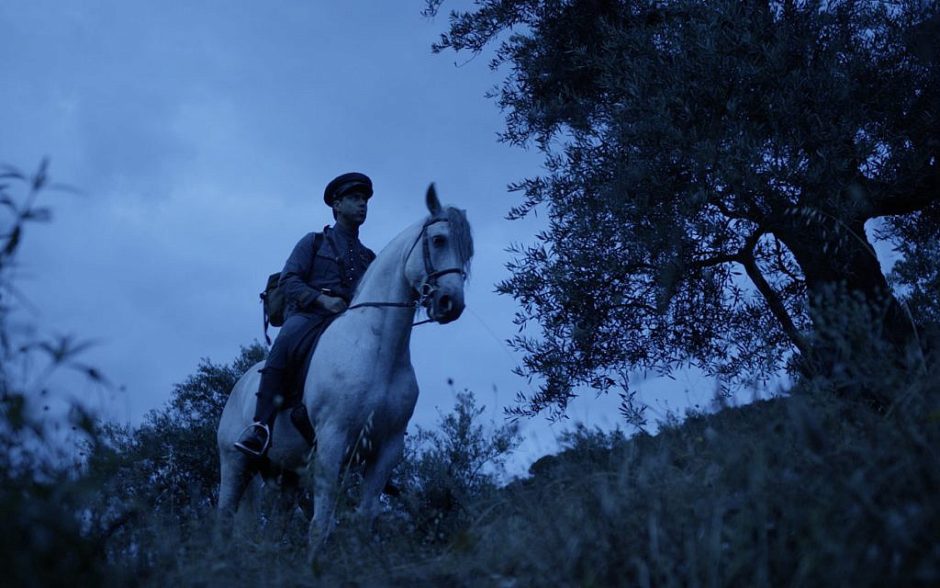Luis Ismael’s feature film, Sefarad, pays Arthur Carlos de Barros Basto the recognition he so richly deserves.
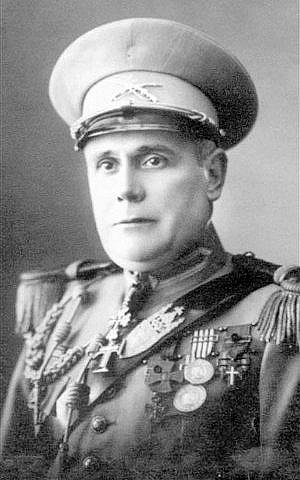
Basto, raised in a Catholic household in Portugal, discovered his family’s Jewish ancestry as his grandfather lay dying. Compulsively drawn to these roots, Basto converted to Judaism in Morocco when he was a young man. Later, while serving as an infantry captain in the Portuguese army, he played a leading role in the resurrection of Oporto’s Jewish community.
Having learned that colonies of crypto-Jews lived in remote villages and towns in northern Portugal, Basto set out to bring them back to the Jewish fold and increase Oporto’s tiny Jewish population in the process.
Sefarad, which will be screened at the Toronto Jewish Film Festival on May 7 and May 9, focuses on his self-appointed mission.
Ismael’s empathetic movie begins in 1496 as King Manuel orders the expulsion of Jews in Portugal, shortly after Spanish Jews were forced to convert or leave the country. The film fast forwards to Oporto, circa 1923, as Jews chant prayers around a sabbath table. Only some 50 Jews reside in this northern Portuguese city, the vast majority of whom are Ashkenazim from Central and Eastern Europe.
Basto (Rodrigo Santos) announces that a synagogue, the first one in Oporto in hundreds of years, will be established in rented quarters. It’s a historic day, he says.
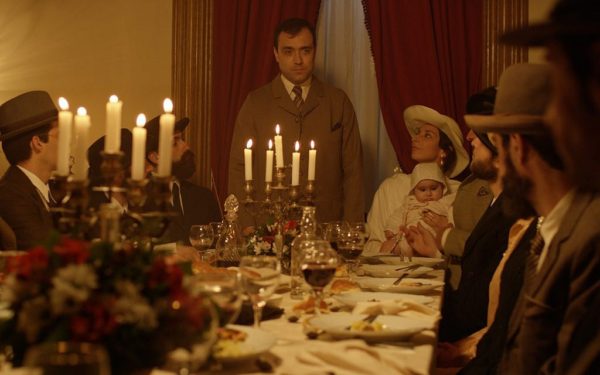
When he learns of the presence of crypto-Jews in Oporto, he reaches out to “rescue” them. He discovers that their rituals are different, but that they light candles to usher in the sabbath. “What unites us is far greater than what divides us,” he says. But he advises the men that they must submit to circumcision before they can return to Judaism.
Not everyone believes that crypto-Jews are genuinely Jewish. For all intents and purposes, they are Catholics. They attend church, observe Christian holidays and baptize their children. Lucien Wolff, a British Jew from the Anglo-Jewish Association, visits Portugal to investigate and decide whether they’re really Jewish.
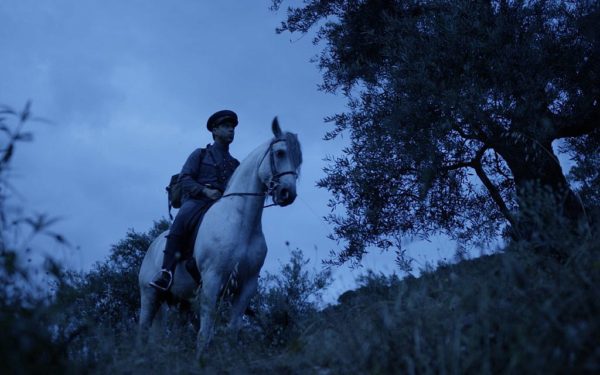
In the meantime, Basto, a man of conviction and passion, travels by train and by horseback to contact these crypto-Jews. “I’m one of you,” he tells a woman who offers him room and board in her house. As he watches raptly, they recite their prayers, which are replete with Hebrew words and references to Israel. Basto’s task is to draw them back to Judaism. His assistant, (Pedro Galiza), helps him.
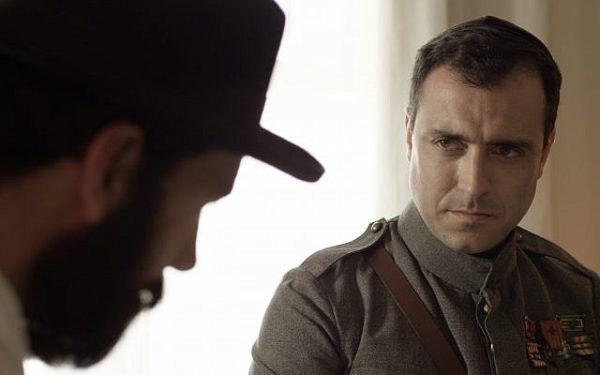
Basto dreams of building a grand synagogue in Oporto, and enlists the financial support of the wealthy Kadoorie family of Hong Kong to achieve his objective. Ellie and Lawrence Kadoorie have concerns. They’re not convinced there are enough Jews to support a shul of this size, and they’re troubled by the fact that he’s the only person running the project. They fear that failure could expose them to ridicule and tarnish their reputation as philanthropists. Overcoming their qualms, they keep their promise and build the biggest synagogue in the Iberian peninsula.
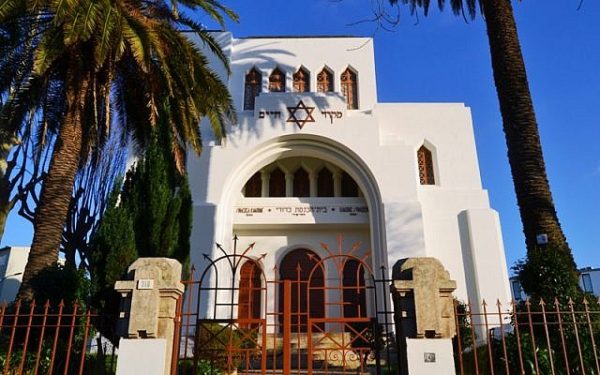
A strikingly beautiful structure, it is officially opened in 1938. “Jews and Judaism exist once more in Portugal,” Basto exclaims in a speech. But there’s a fly in the ointment. The crypto-Jews he had hoped to attract are reluctant to give up their customs or attend services at the shul.
Before all this goes down, an anonymous letter from within the Jewish community accuses Basto of homosexuality, an extremely serious accusation in a hidebound country like Portugal. Ismael doesn’t address this issue head on, but leaves the strong impression that Basto, a regular family man, is heterosexual. Nevertheless, a disciplinary board dismisses Basto, a World War I hero, from the army.
During World War II, persecuted Jewish refugees flock to Portugal, and Oporto’s Jewish community welcomes them with open arms. But membership in its showcase synagogue dwindles as congregants leave Portugal. In one case, the daughter of a board member converts to Christianity.
After his death, Basto’s daughter, Isabel, lobbies for his reinstatement in the the army. She compares him to Alfred Dreyfus, the French Jew who was falsely accused of treason and imprisoned on Devil’s Island in South America. Bastos is reinstated, and the Portuguese government offers citizenship to the Sephardic descendants of Jews who were expelled from Portugal 500 years ago.
It’s a happy ending, but the crypto-Jews Basto dreamed of “converting” have yet to return to Judaism.
